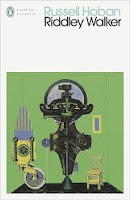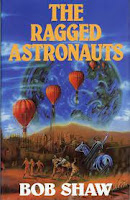I am a fan of Imperium Secundus books. They have their own internal conflicts and arcs, have major consequences to the overarchign HH storyline, and resolve themselves in meaningful, unpredictable fashion—at least mostly. But little is said in them regarding the other large group of loyalists out there, the remnants of the group ambushed on Isstvan V. Hoping Shattered Legions (2017) ed. by Laure Goulding, an anthology of shorts focusing on said loyalists would fill the gaps, I picked it up.
Shattered Legions kicks off with “Meduson” by Dan Abnett, aka the orgin story of the famed Iron Hands captain, Shadrak Meduson. In the aftermath of Isstvan V, the Iron Hands attempt to deal with the loss of their primarch. One outspoken captain, Meduson, argues with clan lord's about the necessities of battle. Dialogue in this story is superb, and the overall story introduces the anthology well. (Meduson plays a role in a number of the selections.) “Unforged” by Guy Haley is the improbable but brief story of a group of untested Salamander marines investigating a suspicious homing beacon deep in a planetary ravine. A homing beacon of a ship supposedly of their own kind, they learn the truth behind it and the meaning of fate in battle.




































